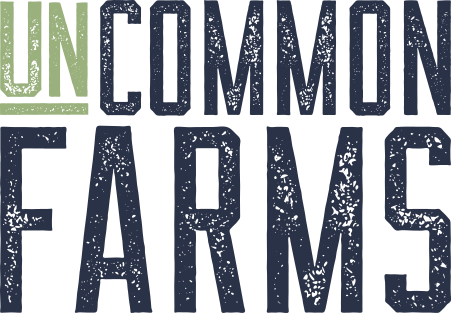Expanding your family farming operation can be an exciting time for you and your team. Hiring new farm employees, however, is just the beginning. Once you have your new pool of talent, they need to be trained effectively and efficiently. Well trained employees are critical to a smooth and safe farming operation. Below are some best practices for onboarding and training new staff to be highly productive team members as soon as possible.
New Employee Orientation
First impressions are a big deal. One way to set the tone for new employees is with an official employee orientation program, which typically lasts about one work week. Some farm operations may skip official orientation, believing it doesn’t apply to their industry, but that couldn’t be further from the truth.
Your new employee orientation program can be simple. Introduce your operation, including how it was founded and developed (especially if yours is a generational operation), and explain future development plans or goals. You can also provide information about key leaders throughout your farm’s history as well as current team members. Even if you gave tours of your facilities during the interview process, repeat this with new employees, adding details you may have skipped the first time, and be sure to take time to answer any questions your new employees may have.
Employee orientation can help with your new employee’s socialization, which is an important aspect of productivity. Allowing them to become familiar with their new work environment in a structured manner may help reduce anxiety and develop a positive attitude toward their new job and the people they will work with, which will help them learn their on-the-job training faster and retain it. This can translate into high productivity in a shorter amount of time.
Employee Safety Training
In many occupations, new employee training means sitting in front of a computer in an office and watching online videos about safety, workplace behavior, and more. While this can be true in agricultural settings, as well, it is crucial to give your new employees proper safety training. This can include a general safety overview in addition to job-specific guidelines.
New farm employees need to know the animals, the buildings, and how to properly use all equipment. Teach them what their specific jobs entail, emphasizing the importance of safety—for them, their coworkers, the animals, and all others on the premises. Your safety training program should include proper work attire, emergency procedures for every aspect of the operation, first aid training, livestock care, equipment maintenance, and whatever else they need to know to be efficient and safe on the job. After the initial new employee training is finished, it is important to give your employees ongoing training, as well, to help them develop new skills as the industry makes technological and other advancements.
Positive Work Environment
Once your new employees are hired, onboarded, and trained, it’s important to retain them. To keep the best employees on your team, create a positive work environment that they want to return to each day and perform their best. As you develop your farm operation’s official orientation and safety training programs, also consider how to create a positive work environment.
Creating a positive work environment means investing in your employees. If you invest in your people, they’ll want to do their best for you. This can mean paying your employees more, but it’s important to think more broadly than this. Providing training and professional development is a great way to help your employees learn new skills, expand their job duties, and feel like an important part of your operation. It’s also useful to establish clear and open communication between leadership and the rest of the team with regular meetings and performance reviews.
To learn more about employee training and retention and get advice on managing your family farm, subscribe to our blog today.


.png)
